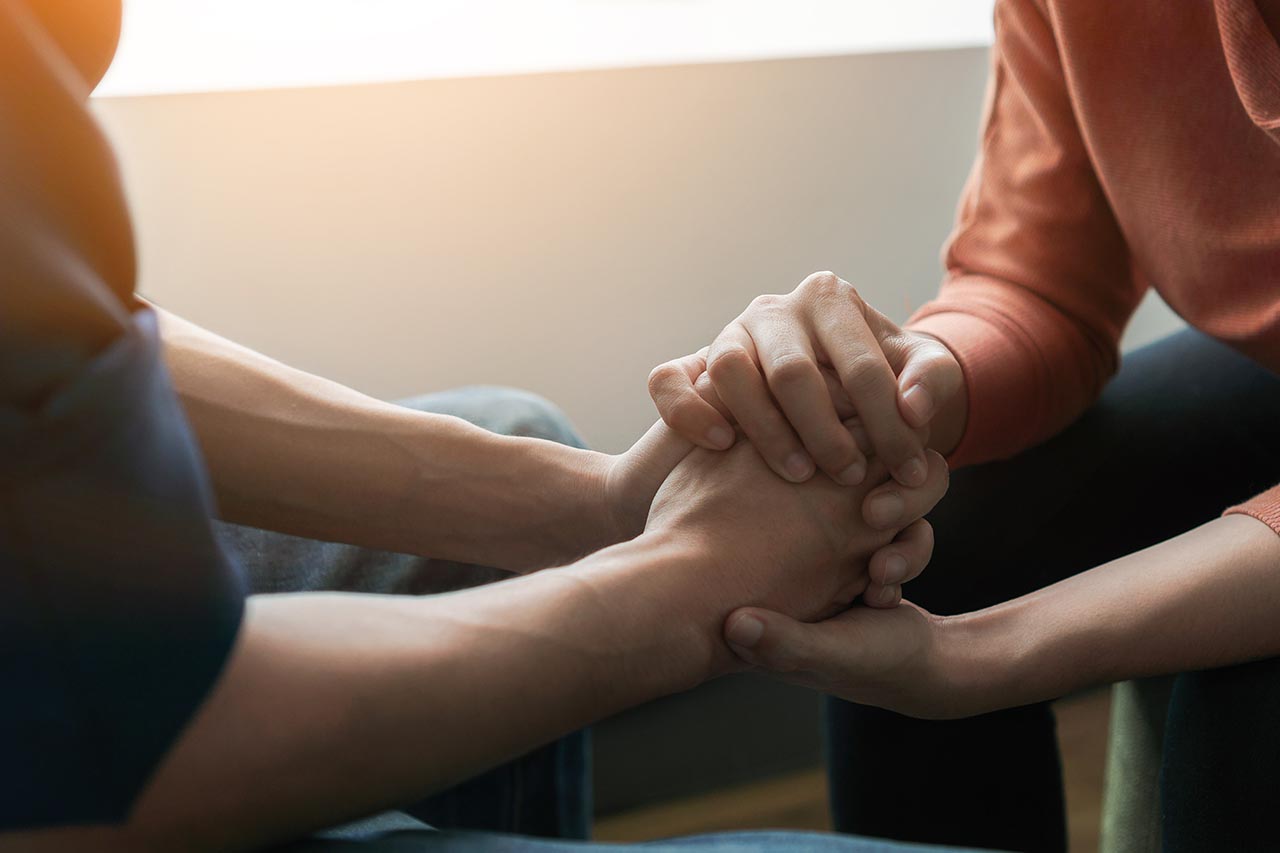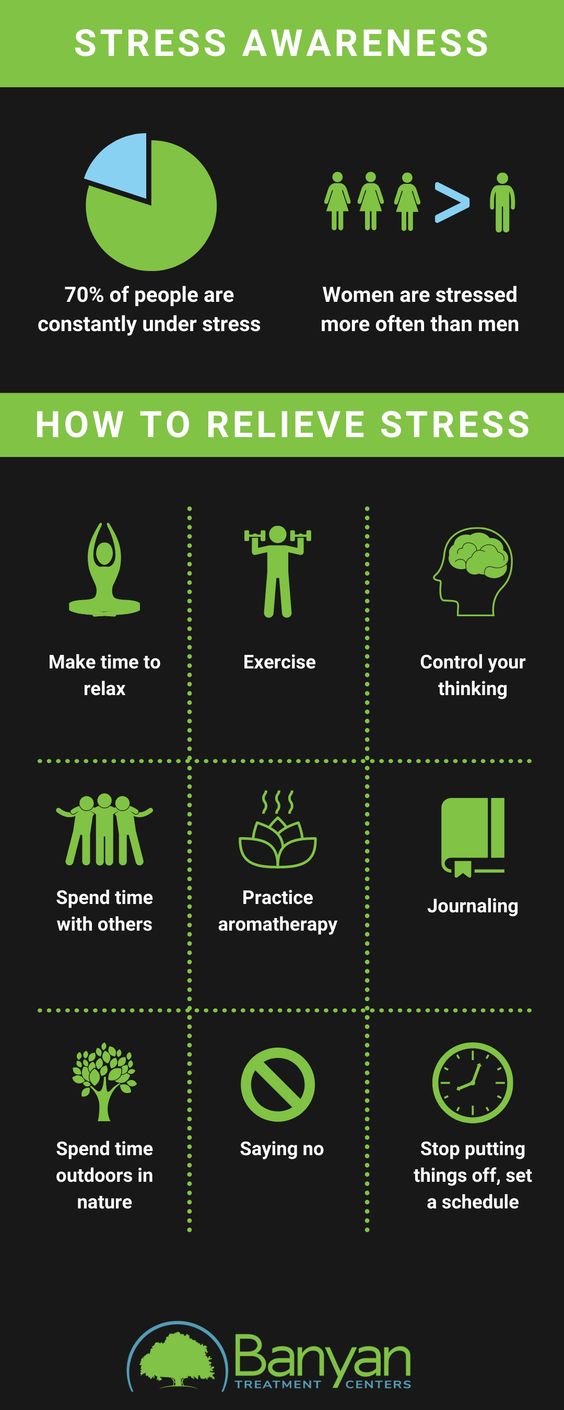


Florida’s Emergency Mental Health Grant in Response to COVID-19
June 24, 2020

The Impact of Unemployment on Mental Health
July 6, 2020How to Reduce Stress & Improve Your Life


How to Reduce Stress & Improve Your Life
We all have stressors in our lives, but chronic stress is not something that you should have to live with.
Over time, stress can be toxic and cause serious problems in several different parts of your life. Thankfully, if you know how to reduce stress in your life, then you can avoid some of these problems as well.
The Negative Effects of Stress
Prolonged and chronic stress can have a devastating impact on various aspects of a person’s life. Not only can stress negatively affect physical and mental health, but stress can also lead to other secondary problems.Stress may lead to feelings of sadness and anxiety as well as some uncharacteristic personality changes like increased anger or irritability. In more serious cases, the negative effects of stress on mental health may include exacerbating mood disorders like anxiety disorders, depression, or bipolar disorder. These people should seek immediate mood disorder treatment to mitigate their symptoms and regain control.
Not only can stress leave people feeling mentally drained, but if prolonged, it can also lead to damaging physical changes for the body. The negative effects of chronic stress on the body may include high blood pressure, cardiovascular problems, weakened immune system, and slower wound or surgery recovery.1
Along with affecting physical and mental health, stress, especially chronic stress, may lead to other secondary consequences because of how it impacts your behavior. Snapping at your loved ones because you are stressed may negatively affect your personal relationships over time. Also, many people struggle to find healthy ways to relieve stress and may engage in some risky behavior as a result. It is not uncommon for people to turn to drugs or alcohol for stress relief. With chronic stress, this type of coping may become habitual and eventually turn into a substance abuse problem. For people who already went to an addiction or dual diagnosis treatment center, stress is a big trigger for relapse.
Tips on How to Relieve Stress
Stress is a part of life. While a little stress can be beneficial sometimes, no one likes to feel stressed all of the time. To save yourself the headache as well as to avoid the problems that might come with it, these tips on how to reduce stress could drastically improve your overall quality of life.1. Make Time to Relax
Whether it is a bubble bath, reading, or listening to calm music, taking a small timeout from your life and separating yourself from its stressors can help you recollect yourself and reduce stress.2. Exercise
One of the best ways to reduce stress is with exercise. Physical activity boosts endorphins, increases energy levels, and improves a person’s overall mood. All of these improvements can drastically reduce feelings of stress.3. Control Your Thinking
Stress may be a byproduct of negative and unproductive thoughts clouding your mind. Meditation and mindfulness are a good way to help clear your mind. Cognitive behavioral therapy can also help you learn how to break down these thoughts so you feel less overwhelmed.4. Spend Time with Others
Friends and family can be a great support system, especially during trying and stressful times. They can help you forget about your problems and sometimes even step in to help you with tasks that are making you feel so overwhelmed.5. Practice aromatherapy
Aromatherapy uses essential oils to promote overall well-being such as decreasing stress. Aromatherapy may include using body oils, bath salts, diffusers, inhalers, candles, and facial steamers. This practice may be more effective for some people than others, but it is worth trying.6. Journal
Journaling has many proven benefits, including stress relief. Taking the worries and stressors from your mind and jotting them down on paper can make these tasks seem more manageable and your stressors seem less overwhelming.7. Get Outside
One of the easier ways to reduce stress is to get outside. Spending as little as ten minutes in nature can help people not only feel happier, but also decrease the physical and mental effects of stress.38. Say No
Sometimes stress is the product of being unable to say no. We continue to take on more than we should because we don’t want to disappoint others. While you may be trying to help out, you are harming yourself. One of the easiest ways to reduce stress is to learn to say no and only take on what you can manage.9. Stop Procrastinating
Looming deadlines can be a big trigger for stress, especially when there are several at once. Instead of putting things off and getting overwhelmed, get these items done before the deadline is almost here. Prioritize your to-do list, and break down these projects into small, achievable tasks. Make it a point to set a schedule and do a little bit at a time.10. Get Help
When stress is overwhelming and connected to mental health problems, it becomes too difficult to try and continue to deal with these problems on your own. A professional mental health facility can assess your problems and develop a treatment plan so that you can regain control and start to move forward.Stress may be a part of life sometimes, but it shouldn’t consume you. If your mental health is suffering, our Boca residential mental health facility may be able to help. We provide treatment for various mental health issues and can even help when a substance abuse problem is involved.
To get more information about our program at Banyan Mental Health, call us today at 888-280-4763.
Sources:









